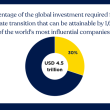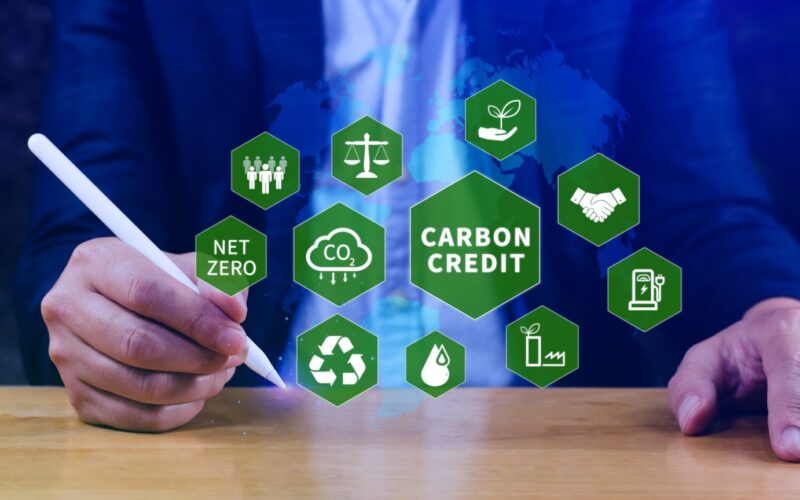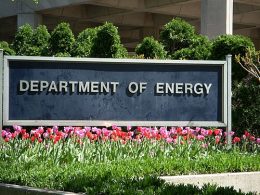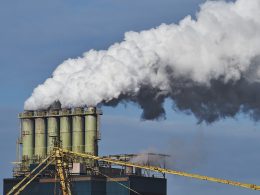Taiwan is set to launch the Taiwan Carbon Solution Exchange (TCX), a key initiative in the country’s climate strategy on 2 October 2024. This domestic carbon credit exchange platform follows extensive consultations between TCX and Taiwan’s Ministry of Environment and comes after new regulations were enacted on August 15, 2024.
The TCX will play a crucial role in the country’s carbon reduction efforts, aligning the country with global carbon trading standards and supporting a sustainable industrial structure. Initially, the platform will focus on new factory developments, as the carbon fee scheme for entities emitting over 25,000 metric tons of CO2 equivalent annually is not yet in effect.
Under current regulations, new large-scale factories and high-rise construction projects must offset their emissions either by purchasing carbon credits from voluntary projects or by implementing alternative measures like high-efficiency equipment and energy-saving technologies.
Entities with annual emissions below 25,000 metric tons can initiate voluntary carbon emission reduction projects, provided these projects meet internationally accepted standards for measurement, reporting, and verification (MRV).
The carbon credits generated from these offset measures will be available for purchase on the TCX platform, which primarily serves buyers needing to fulfill environmental assessment requirements for construction and development projects.
These domestic carbon credits may also be used to partially offset future carbon fees, which are expected to begin collection in 2026, with 2025 designated as a preparation period.
The TCX is poised to attract significant investment, potentially over NT$4 trillion (around US$131 billion) by 2030, and create more than 550,000 jobs in carbon reduction and sustainability sectors. The platform will foster innovation in green technologies and contribute to Taiwan’s broader environmental goals.
Taiwan’s carbon credit exchange will initially focus on acquiring high-quality carbon credits from the international market to address the gap in domestic emission reductions. This strategy will help meet the immediate needs of Taiwanese businesses while the country develops its domestic emission reduction capabilities.
Eventually, the platform aims to build a more self-sufficient carbon credit market within Taiwan, decreasing dependence on international credits. It will enforce strict regulations to ensure transparency and prevent greenwashing, where companies falsely claim environmental benefits. Only sellers with government-approved emission reduction projects will be permitted to auction or sell domestic carbon credits.
Furthermore, buyers will be prohibited from reselling traded or auctioned domestic carbon credits, a measure intended to stabilize the market and uphold its integrity.
Environment Minister Peng Chi-ming has stated that the carbon fee rate is expected to be finalized by the end of 2024, with fee collection set to begin in 2026. In the meantime, businesses will still need to report their emissions for 2024.





















